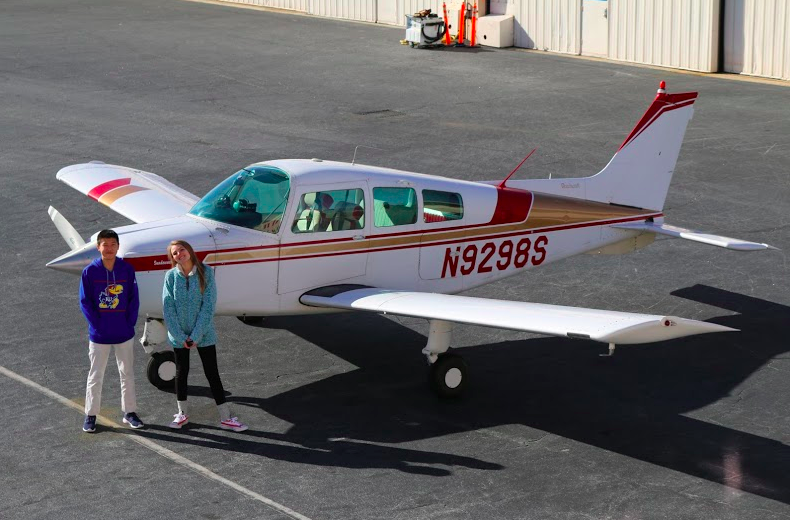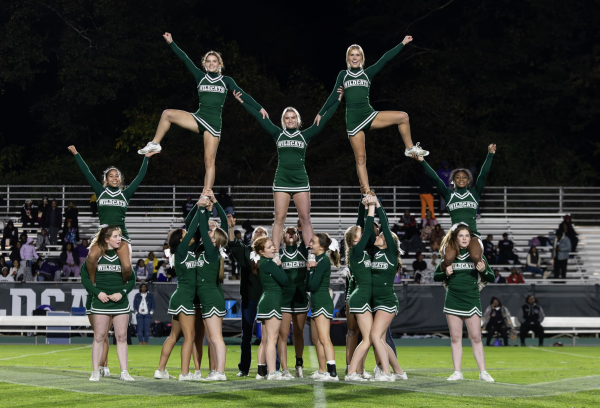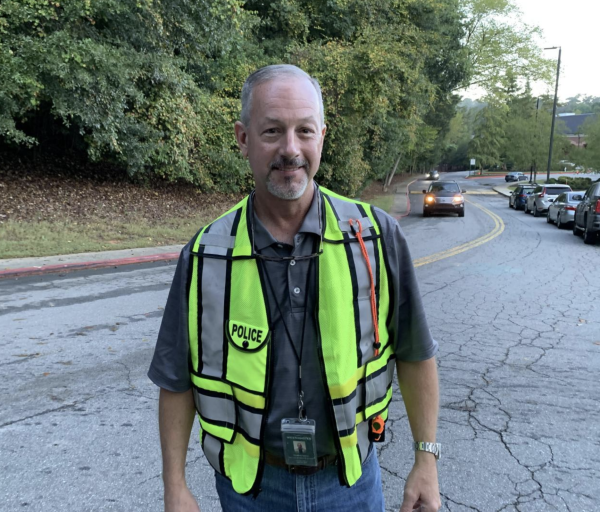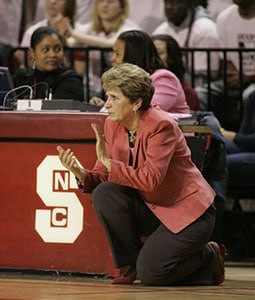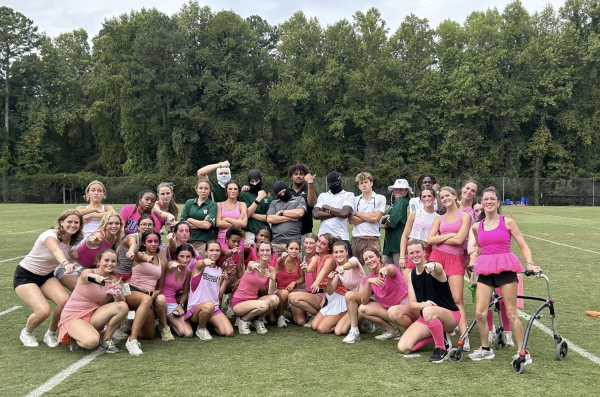New, expanded JanTerm courses delve deeper into specialties
A Krispy Kreme doughnut outlining the Westminster seal is projected on the large screen in McCain Chapel. Lively chatter and joyous music ring through the room’s terrible acoustics as students exit the chapel to begin the second year of JanTerm.
JanTerm, a three-week, highly specialized series of courses, emphasizes off-campus learning and opportunities that would otherwise be rare for a high school student, such as flying an airplane in the “History and Physics of Flight” or traveling to Hollywood in “Music and the Movies.” It aims to let students dive deeper into an already existing interest, try something entirely new, or take a course with a legendary teacher.
Since its inaugural year, JanTerm has undergone countless changes in an attempt to provide the best experience for both students and faculty. This year, there were 15 new courses, the internship program more than tripled in size, mini-courses were offered, and the schedule was revised to better suit the needs of the classes.
New courses included the “Art and Science of Violin Making,” “Computer Programming in Minecraft,”“French Cooking and Culture,” “Global Education: India–An Exploration of Global Citizenship,” “Holocaust: Human Capacity for Good and Evil,” “Human and Civil Rights Issues Around the World,” “Literature and Ecology of Fly Fishing,” “Literature and Experience of Survival,” “Making and DIY Culture,” “News Cats: the Nuts and Bolts of Print Journalism,” “Pounding 42nd Street-Musical Theater: Study and Performance,” and “Way Down Yonder: the Chattahoochee.”
Another aspect, unique to just the journalism and musical theater classes, was the option for an advanced level or a standard level.
“This allows who already have knowledge in and passion for these fields to delve more deeply into these interests, while others with less, or no, experience can learn the basics,” said JanTerm coordinator Chanley Small.
There was also, for the first time, a full-length theater performance after a JanTerm course: Company by the “Advanced Musical Theater” class.
The newly offered JanTerm courses excited and probed a deeper curiosity, even from students not taking the course. While students in “Advanced Musical Theater” worked intensively to develop deep-rooted interests, others, like the ones in “The Literature and Experience of Survival,” jumped into a completely new pursuit: survival. The majority of their time was spent outdoors behind Tull Hall, and the rest used to read literature about survival and its importance in how we see the world, including Robinson Crusoe and The Martian. Its syllabus read: “[The course] will require you to get dirty, be uncomfortable, think deeply, and put others before yourself.”
Students learned how to tie different types of knots for different situations, build a fire, build effective insulating shelters, and how to do first aid, learning to bandage cuts with various types of bleeding and treat burns.
“Before [the class], if I was actually stranded, I’d have no clue what I was supposed to do,” said freshman Cecie Bassett, who took the course. “I’m taking away a new experience…something outside of the box that I wouldn’t have otherwise learned.”
Another interesting new course was the “Art and Science of Violin Making.” Six students were enrolled in the course that involves both hands-on activity and scientific lecture, in a 70 to 30 ratio, respectively.
“My basic design for the course was to immerse [the students] in certain activities that are critical to making violins so they can get a feel for what a luthier goes through,” said math department head and luthier (maker of stringed instruments) Doug Boomer, who taught the course.
Lessons in the class were tailored to students’ interests. After discussing acoustic issues luthiers have to work with to make an instrument sound good, students’ tasks included thinning plates, varnishing instruments, and fitting instruments with strings, fingerboard, pegs, bridges, and soundposts. The class visited two master luthier shops run by Pablo Alfaro in Decatur and Young Kim in Duluth.
“[Students will] have an appreciation for what goes on and a greater knowledge of what luthiers do. I hope that a couple of them come away thinking, ‘I’ve learned just enough to be curious, and I’d really like to learn [more],’” said Boomer. “And for the [instrument] players in the group, [having] a greater understanding for that thing they’ve got in their arms every day [will] make them better players because they have a greater knowledge of what it’s doing.”
While the majority of the student body explored subjects outside of traditional classroom curriculum, 38 students, sophomores and seniors, continued a year-long course: AP chemistry.
The continuation of the course through JanTerm is almost a necessity.
“Because we teach AP chemistry in one year to sophomores when it’s supposed to be a two-year course, we can’t possibly be able to take three weeks out of the curriculum and still be able to prepare people for the AP exam,” said AP chemistry teacher Adrian Dingle. “It’d be impossible.”
In order to maintain a JanTerm experience for the students and break up the long hours spent learning chemistry, students did a lab every day and went on a field trip every week, including to a Georgia Tech Paper Museum and the Tellus Science Museum. In JanTerm, AP Chem is far from the traditional grueling course.
“I think what helps is because the course is demanding anyways, [and] when you have the chance to do it in a relatively relaxed way, because that’s the only thing you’re doing, and there’s a lot of downtime during the day, it [is] a lot easier,” said Dingle. “I find that people will understand this topic a little bit better than they’ve understood things in the past.”
During JanTerm, students were everywhere, from on campus working with computers to halfway around the world in India, Kenya, or Guatemala. Scattered somewhere in between were the 32 juniors and seniors in JanTerm internships. Because it has been expanded to allow juniors to participate, the program has expanded hugely from the 10 students who participated last year.
“The goal of expanded internships is to offer more students real world experiences in fields they may be interested in pursuing in college or beyond. These experiences also offer students an opportunity to work with a broad range of people in different settings and have experiences that we cannot offer at Westminster due to expertise, time, [and] equipment,” said Small.
Logistics and activities for the JanTerm program were also revised. Teachers and students volunteered to teach mini-courses during community time, including how to change a tire, how to make guacamole, fractal folding, and yoga. Student government chose food trucks. Finally, the schedule was revised to give teachers the space to coordinate work more freely in the morning according to their needs, causing performing arts to be pushed to the afternoon.
JanTerm is a program that is unique to Westminster. Most high school students around the world are unable to take three weeks a year in January to focus on a specific skill set or interest. JanTerm is continually evolving , and the program will never cease to reach its full potential to fit the changing needs of students and teachers alike.
“JanTerm…is a dynamic, fluid process that will continue to evolve,” said Small.
